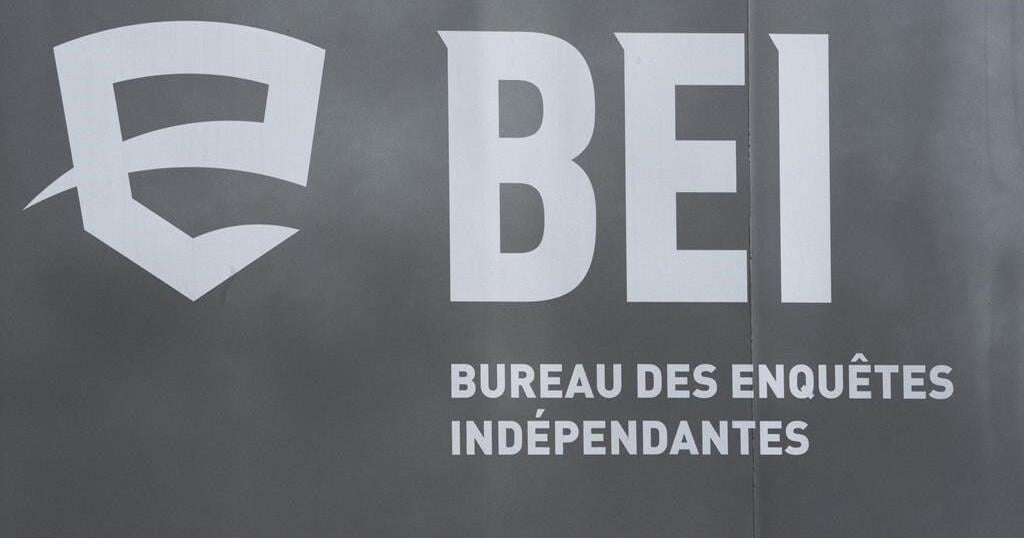Already low on inventory, the used car market is facing an additional supply crunch as fewer off-lease vehicles return to dealership lots — and that’s contributing to higher prices.
A used car was averaged at $35,754 last month compared with about $18,900 in December 2019, Autotrader.ca data shows.
There were fewer new cars for sale during the pandemic years as supply chain woes rocked the industry. Four years later, experts say there are not enough off-lease vehicles entering the used car market to keep up with demand.
Before the COVID-19 pandemic, Canada averaged around two million cars in sales a year, said Daniel Ross, senior manager of auto industry insights at Canadian Black Book. But that dropped to between 1.5 million and 1.6 million vehicles between 2020 and 2023 as pandemic-related supply chain problems held up the production of new vehicles.
That means about a million vehicles were never sold, even as Canada’s population grew.
On average, he said, a new car comes back to the market as a used car four years after it was originally purchased.
“Those vehicles are not coming back to the market because they were not sold new,” Ross said.
Drivers are also holding on to their leased vehicles longer.
Many drivers bought their cars outright during the pandemic after their lease matured and they couldn’t find a new replacement amid the supply shortage, Ross explained.
At that time, buyouts and trades-in were more expensive.
Now, those owners are holding on to their vehicles while they pay off that higher price.
Ross said about 35 per cent of the vehicles in the market are leased.
“That’s going to cause an issue on pricing … if a lot of those customers don’t come back to the market.
“It’s really significant.”
Ross said supply issues in the used car market will likely hold out until 2028.
But some experts say it still is a good time to buy a used car as prices decline.
“Things are slowly normalizing,” said Baris Akyurek, vice-president of insights and intelligence at Autotrader.ca. Although, he warned the used car market is unlikely to return to pre-pandemic pricing despite those recent declines.
The average monthly payment for a new car was $973 in 2023, compared with $637 in December 2019, Akyurek said.
In September, used car prices fell 8.7 per cent from the same month a year earlier, Akyurek said. The average price of a used car is now $35,754.
“The craziness seems to be over, which is good,” Akyurek said of high prices over the last few years.
He said used car inventory has started to decline in the last couple of months as fewer off-lease vehicles return to the market — signalling a potential supply crunch.
For consumers coming off high inflation and still-high interest rates, used cars continue to be more appealing than more expensive new ones. The average price of a new car is about $66,000, compared with $40,000 in 2019, according to Autotrader.
Declining inflation and interest rate cuts could still make used vehicles a more affordable option.
On Wednesday, the Bank of Canada announced a half-percentage point cut to its key rate.
Ross said the rate cut furthers the capacity for consumers to start shopping for cars.
“There is likely to be a delay until the start of November from automakers, as they bring in programs that have a rate reduction versus the previous month,” he said.
Interest rates for financing used cars can be as high as eight to 10 per cent right now, whereas financing on certain new vehicles is around five per cent, said Shari Prymak, executive director of non-profit Car Help Canada.
“If the numbers don’t make sense, then it’s not worth entertaining (the purchase),” Prymak said.
He said a lightly used vehicle, which is about two or three years old, should cost 20 to 30 per cent less than the same brand new vehicle.
“If you’re not saving at least that amount of money, then buying a used car doesn’t make sense,” he said.
This report by The Canadian Press was first published Oct. 24, 2024.
